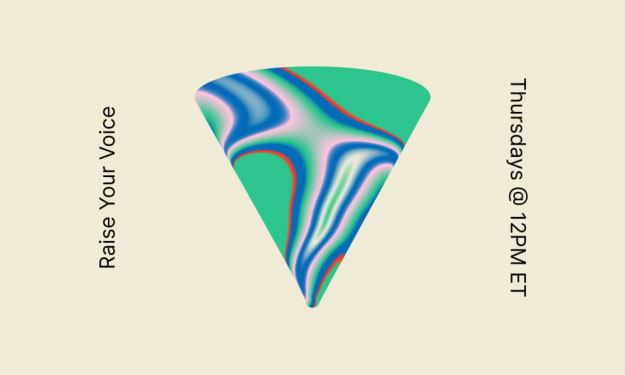
I know we all get a hard time understanding love. Each and everyone of us has so many questions concerning love. Let's explore and know what it is. Love is a feeling behind art, music, relationships, family, literature and so many other things to name but a few. When someone talks about love, people think it is always romantic love involving relationships .
Romantic love is associated with release of chemicals like dopamine, oxytocin, and serotonin. Dopamine is the "feel good" neurotransmitter which occurs when we're near or around our loved ones, oxytocin is the "bonding hormone" that controls hugging, kissing or sex. It helps people bond through various ways. Serotonin regulates mood and the love intensity, this leads to obsession and infatuation to people when in love.
The above chemical reactions and brain activities lead to a feeling people refer to as romantic love. Apart from romantic love, there's love to fsmily, friends, places, animals, pets etc. Love serves as the driving force for building and maintaining communities for survival and success. Love consists of three components intimacy, passion and commitment and the combination of these helps determine if love is romantic, platonic or others that is according to psychologists.
Meet Lucy, a young woman in her mid-20s. Lucy was recently introduced to Jack at a mutual friend's party. As they talked, laughed, and shared stories, Lucy felt a growing sense of attraction and connection to Jack. Her brain was busy releasing dopamine, the "feel-good" neurotransmitter, creating a sense of pleasure and excitement every time she interacted with Jack. This surge of dopamine is a key player in the initial stages of romantic love, making Lucy feel a powerful sense of euphoria and anticipation whenever she thinks about Jack.
Over the next few months, Lucy and Jack's relationship deepened. They spent more time together, and their emotional connection grew stronger. This deeper bond triggered the release of oxytocin, often called the "bonding hormone." Whenever they hugged, held hands, or simply cuddled on the couch, oxytocin was at work, strengthening their emotional attachment. Lucy found herself not only deeply caring for Jack but also feeling a sense of trust and security in their relationship, all thanks to this remarkable hormone.
As time passed, Lucy and Jack faced their fair share of challenges, but their commitment to each other endured. Love, in its complexity, wasn't just about the initial attraction or the warm, fuzzy feelings. It was about the enduring connection they had built, a mix of biology, shared experiences, and conscious choices. Lucy's journey with Jack taught her that love is both a beautiful symphony of neurochemistry and a profound emotional connection that can withstand the tests of time, reminding her that the science of love is a remarkable dance of heart and mind.
There's also a difference between platonic and romantic love. Platonic love and romantic love represent two facets of human connection. Platonic love is characterized by deep emotional bonds, trust, and companionship without the presence of romantic or sexual attraction. It often manifests as strong friendships where individuals share their lives, confide in each other, and offer emotional support. In platonic love, the focus is on genuine and mutual respect, with no intention of pursuing romantic involvement. It's a beautiful expression of love that transcends physical attraction and is built on emotional intimacy and loyalty.
In contrast, romantic love involves both emotional and physical attraction between individuals. It encompasses a desire for romantic involvement, intimacy, and often leads to romantic relationships. Romantic love includes expressions of physical affection, like kissing and holding hands, as well as the intention to build a future together. It represents a deeper level of connection beyond friendship, where individuals seek not only emotional closeness but also a romantic and often sexual bond. Both platonic and romantic love have their unique roles in our lives, offering different forms of fulfillment and connection.





Comments
There are no comments for this story
Be the first to respond and start the conversation.